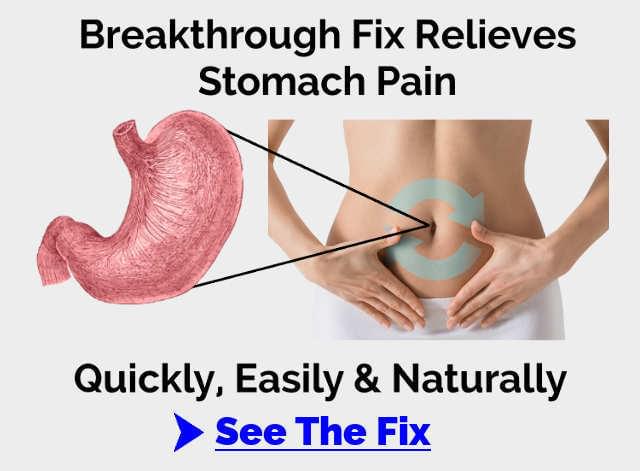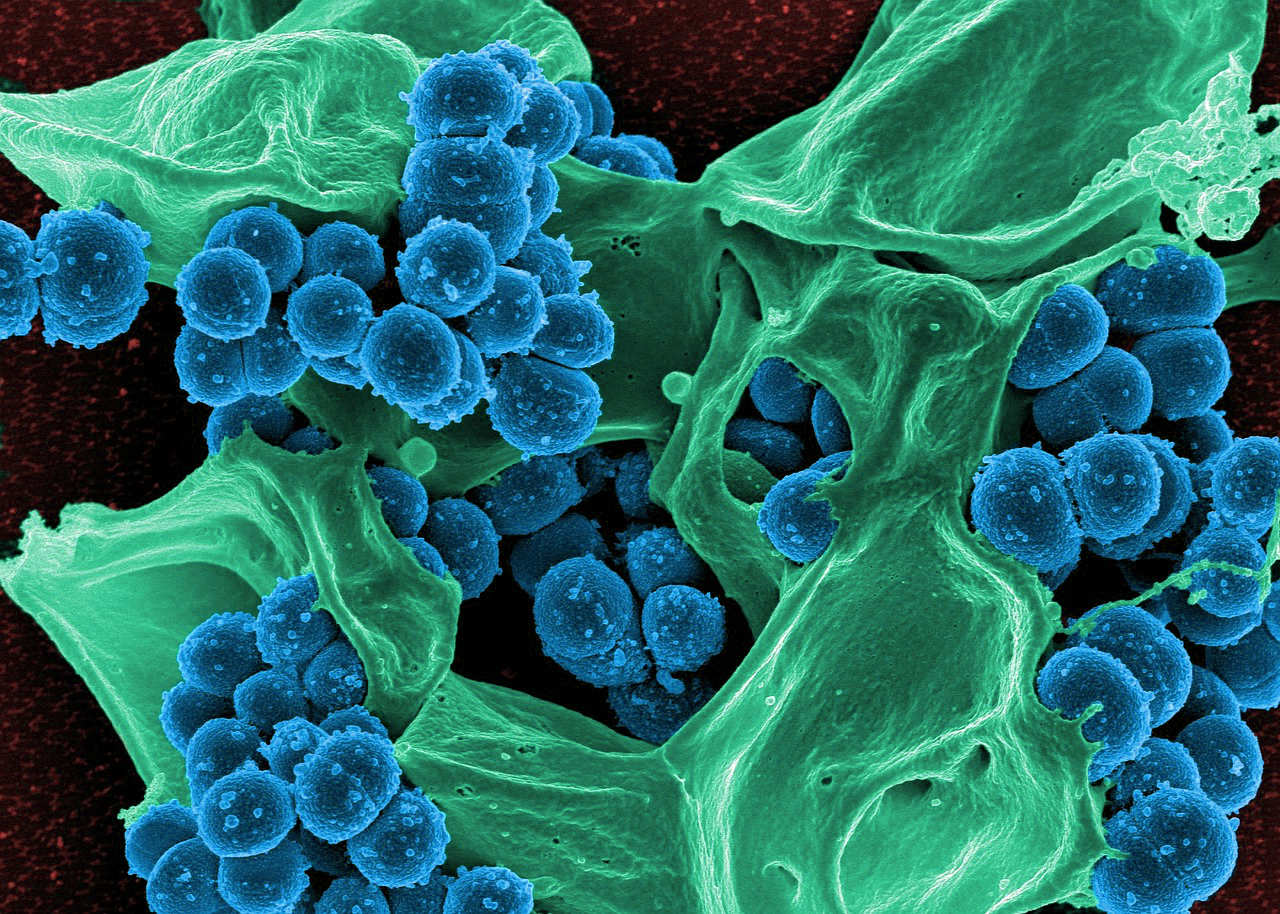
8 Constipation Triggers to Avoid at All Costs
CUSTOM JAVASCRIPT / HTML
Bloating, straining, cramps, discomfort, and even pain… unfortunately, if you suffer from constipation, you’re probably all too familiar with these telltale symptoms.
The good news is that you can prevent constipation. However, to do so, you’ll want to avoid those things that have been identified as constipation triggers.
In a minute, we’ll discuss what those are, but first, more about this fairly common digestive disorder.
Constipation: An Overview
Someone is said to be constipated when they have hard stools that are difficult to eliminate, or if they’ve gone too long without a bowel movement.
How long is too long? According to the Cleveland Clinic, people shouldn’t go more than three days without passing stool—which is why constipation is usually characterized as less than three bowel movements a week.
While most people experience constipation from time to time, for some individuals, constipation is chronic, occurring regularly for months, and even years.
So, how can constipation and its associated complications be prevented? For starters, you’ll want to avoid common constipation triggers.
Constipation Trigger #1 – Red Meat
There are three different reasons red meat is said to contribute to constipation. The first is that red meat contains very little fiber, and fiber helps clean out the intestines. You can think of fiber almost like a scrub brush that removes bacteria and other intestinal buildup.
Secondly, when people eat red meat, they tend to reduce the amount of high-fiber foods they might be eating otherwise. Essentially, your low-fiber cheeseburger is taking up space in your belly that might have gone to high-fiber foods like lentils, artichokes, and chickpeas.
Lastly, red meat usually contains more fat than poultry or fish. As a result, your body takes more time to digest red meat. And, as we mentioned before, the more time it takes for food to digest, the more likely it is that you’ll experience constipation.
Constipation Trigger 2 – Too Much Dairy
Milk and other dairy products can also cause constipation. For instance, in a review of studies done over a 26-year period, researchers found that children with chronic constipation experienced improvements when they stopped drinking cow’s milk.
In a more recent study, kids with chronic constipation experienced relief when cow’s milk was replaced with soy milk. This may be due to a sensitivity to the proteins found in cow’s milk.
Like red meat, dairy can also slow down digestion, causing the colon to remove more water from foods that have been consumed. Unfortunately, that water removal hardens stool, causing constipation.

Constipation Trigger 3 – Fried or Fast Foods
We’re talking to you, McDonald’s, KFC, and Taco Bell, although of course, they’re hardly the only culprits. So, what is it about fried and fast foods that make them cause constipation?
They’re on this list for many of the same reasons as red meat. Just like red meat, these foods are low in fiber and high in fat, slowing digestion. Plus, their presence in our stomach takes up space that we might otherwise give to healthier fare, like fruits, vegetables, and legumes.
Also, fast foods and fried foods are usually high in salt. When you consume too much salt, your body sucks up water from the intestines to compensate—causing hard, dry stools.

Constipation Trigger 4 – Dehydration
Dehydration is actually one of the most common causes of constipation, reports WebMD. That’s because the large intestine soaks up water from food waste, particularly if you don’t have enough water in your body already.
So, to prevent constipation, you should definitely stay well-hydrated. How hydrated do you have to be? Well, it depends.
Generally speaking, most healthy people can probably get away with 8 cups of water (64 ounces) a day. However, the Institute of Medicine’s Food and Nutrition Board recommends women get 91 ounces of water a day and men get 125 ounces.
Keep in mind that those figures include the water you drink, as well as the water you consume through the foods you eat.
Constipation Trigger 5 – Alcohol

Constipation Trigger 6 – White Flour & Breads
Constipation Trigger 7 – Unripe Bananas
You might be surprised to find bananas on this list. After all, they’re fruit! Isn’t fruit healthy? Yes, it is, and in particular, bananas are high in fiber and antioxidants, while containing little fat.
Still, if you suffer from constipation, you should avoid unripe bananas. They’re high in starch and resistant starch, which is starch that passes through the digestive system unchanged. In other words, it’s resistant to digestion.
Furthermore, unripe bananas contain higher amounts of tannins, which are thought to slow down the length of time it takes to digest them.
Interestingly enough, while unripe bananas are a poor choice for those suffering from constipation, ripe bananas can actually help relieve or prevent constipation. Being high in soluble fiber, they’re beneficial for moving waste through the bowels.
Constipation Trigger 8 – Ignoring the Urge
Now that we’ve gone over constipation triggers to avoid, you’re probably wondering what you can do to prevent problems with constipation.
Fortunately, you have a lot of control here, as the recommended lifestyle changes have been shown to be highly effective.
So, to prevent problems with constipation, you should:

• Up Your Fiber Intake – Soluble fibers—which are found in nuts, seeds, beans, and some fruits and vegetables—absorb water, forming a gel-like paste. This softens stool, making it easier to pass.
• Eat Probiotic Foods or Take a Probiotic Supplement – Probiotics are live bacteria and yeast that are good for your digestive system, keeping your gut healthy. They treat constipation by improving the consistency of stools, while increasing the frequency of bowel movements.
Foods that contain probiotics include sauerkraut, kimchi, miso, kombucha, and tempeh. Unfortunately, to derive the same benefits from these foods that you would with a probiotic supplement, you may have to eat much more of them than you’d like.
Not thrilled by the thought of eating a couple cups of sauerkraut a day? We understand. Fortunately, a high-quality probiotic supplement can also do the trick.
Look for one that contains bacteria strains shown to improve constipation, like B. infantis, B. lactis, L. acidophilus, L. plantarum, and S. boullardii.
Additionally, the University of Maryland Medical Center recommends that to relieve constipation, probiotic supplements should contain 5-10 billion CFU. CFU is an acronym for colony-forming units, or the dosage of the probiotic.
An example of a high-quality probiotic that meets these criteria is Gut Restore Ultimate. Not only does Gut Restore Ultimate have a concentration of 10 billion CFU, but it also contains all five bacteria strains shown to alleviate constipation. Additionally, the formulation includes five other strains that support immune function.
Right now, you can get Gut Restore Ultimate at a discount by clicking here. But don’t wait—this limited-time offer won’t be around for much longer.
• Exercise Most Days of the Week – Exercise helps food move through the digestive system faster, so stool doesn’t dry out. Furthermore, aerobic activity can stimulate the contraction of intestinal muscles. When those muscles contract efficiently, they help to move stool out of the body quickly.
The Conclusion on Constipation
Although constipation is uncomfortable, in most cases, it can easily be treated at home with lifestyle changes. Number 1 among them? Drink more water.
Plus, in addition to staying hydrated, you’ll want to avoid common constipation triggers. And, of course, follow healthy lifestyle guidelines by exercising regularly, upping your fiber intake, and taking a probiotic supplement or eating foods containing probiotics.
By following these simple steps, not only will you be able to say goodbye to bloating, straining, cramps, and discomfort, but you’ll also enjoy better overall health. Sounds win-win to us!
FB Comments Will Be Here (placeholder)
CUSTOM JAVASCRIPT / HTML
Related Content
The information presented on this website is not intended as specific medical advice and is not a substitute for professional treatment or diagnosis. These statements have not been evaluated by the Food and Drug Administration. This product is not intended to diagnose, treat, cure, or prevent any disease.
*Disclaimer: Results may vary.
© COPYRIGHT Symple Nature LLC. ALL RIGHTS RESERVED.







